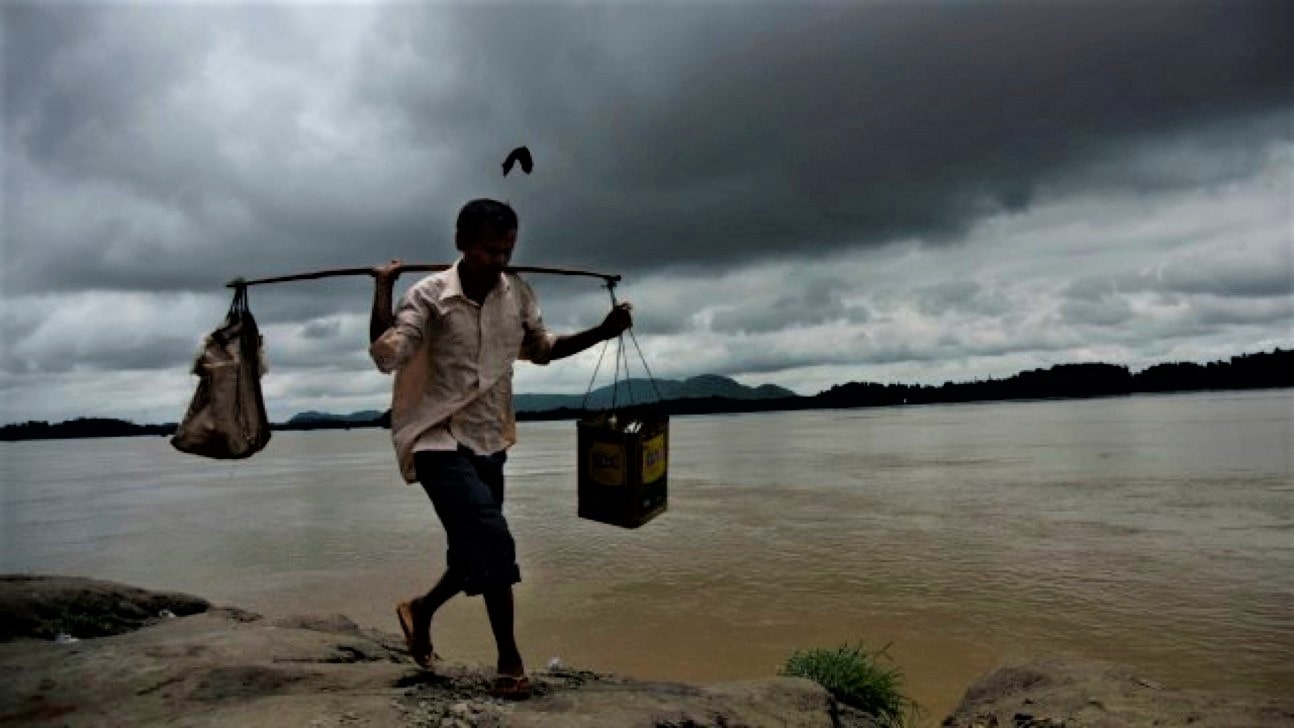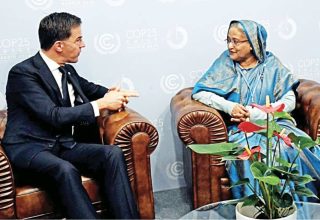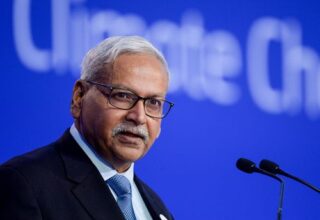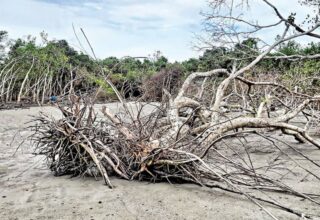
Over the next decade, there are going to be four mega global trends that all countries in the world will have to deal with. The first is the global impacts of human induced climate change which will be felt in all countries both rich and poor. While efforts to keep global mean temperature below 1.5 degrees (which may already be out of reach) or at most 2 degrees centigrade must continue, these efforts will not affect the climate change impacts for the coming decade which are already locked in due to the greenhouse gas emissions from previous decades. Hence, every country, whether rich or poor, must prepare to adapt, as well as deal with the inevitable loss and damage that will happen due to human induced climate change over the next 10 years.
The second major trend, which is related to the first, is the loss of biodiversity with perhaps a million species of plants and animals being lost including important ecosystems and habitats over the next decade. The recent unprecedented wildfires in Australia which killed over a billion animals is a harbinger of this trend, which will only get worse over time.
The third mega trend is the rapid urbanisation of the global population which is already deemed to be more urban than rural. And this trend will continue for the coming decade. This mega trend is also linked to the climate change issue, as many millions of people currently living in vulnerable rural areas such as low-lying coastal areas and drought prone areas of the world will be forced to migrate due to climate change impacts and will almost certainly end up moving to cities.
The fourth and final mega trend is related to technological development, sometimes linked to artificial intelligence (AI), or more generally, to knowledge generation and use which is likely to change manufacturing to be less and less dependent on human labour over time.
All four of these global megatrends are very relevant for Bangladesh and can either hold back our development, or if we play our cards right, may prove to be good opportunities for us to enhance our resilience and ensure a better development pathway that enables us to not only overcome the negative aspects but indeed take advantage of them.
Here are some ideas on how this might be achieved.
The first issue of climate change is already high on our national agenda and with the soon to be published revised Bangladesh Climate Change Strategy and Action Plan (BCCSAP) that will take us to 2030, we will have a blueprint for what needs to be done in order to transform Bangladesh from being one of the world’s most climate vulnerable country to becoming one of the world’s most resilient one. This will require us to mainstream or integrate climate change actions into everything we do, both within government ministries and agencies, as well as in civil society and private sector. The good news is that this is already beginning to happen, so it needs to only be accelerated going forward.
On the issue of protecting biodiversity, the Bangladesh parliament has taken a pioneering role of declaring a “planetary emergency” which addresses both climate change as well as biodiversity and this now needs to be put into planning and practice. There are two major potential problems we need to keep in mind, and avoid if we can. First, once the Khulna region is opened up to economic development due to the inaugural of the Padma Bridge, we must ensure that this development is nature-based and does not destroy our Sundarbans. Second, the development of the eastern side of Dhaka, over what are some of our last remaining wetlands in this region. If we merely repeat the mistakes we made with the current area of Dhaka, then we will get ourselves into trouble for the new areas in future. We must prove that we are able to learn from our mistakes and not repeat them when it comes to protecting the wetlands east of Dhaka, and not build over them.
Finally, on the issue of the knowledge economy, we are extremely well placed with the raw material for exploiting this opportunity, namely young girls and boys, but only if we can rapidly change and improve the education that we are providing to them. The young people of Bangladesh are amongst the brightest anywhere in the world, and have the potential to become problem-solvers not just for Bangladesh, but for all the global megatrends mentioned above and hence a resource for all countries.
However, this will require a very rapid transition from our traditional education system, from its emphasis on exam-oriented job-seeking outcomes, to a problem-solving modality where we produce job creators and not just job seekers. The good news is that this transition will not cost any more money than we are spending already, but will require a new kind of thinking and practice from both the government as well as the universities and academic sector of the country. If we are able to make this transition in thinking and implement it, then Bangladesh can emerge as a global champion in tackling all the global megatrends mentioned above.
Originally this article was published on February 19, 2020 at Daily Star. The author Dr. Saleemul Huq is the director of the International Centre for Climate Change and Development (ICCCAD) at the Independent University, Bangladesh (IUB).
Email: saleemul.huq@icccad.net






